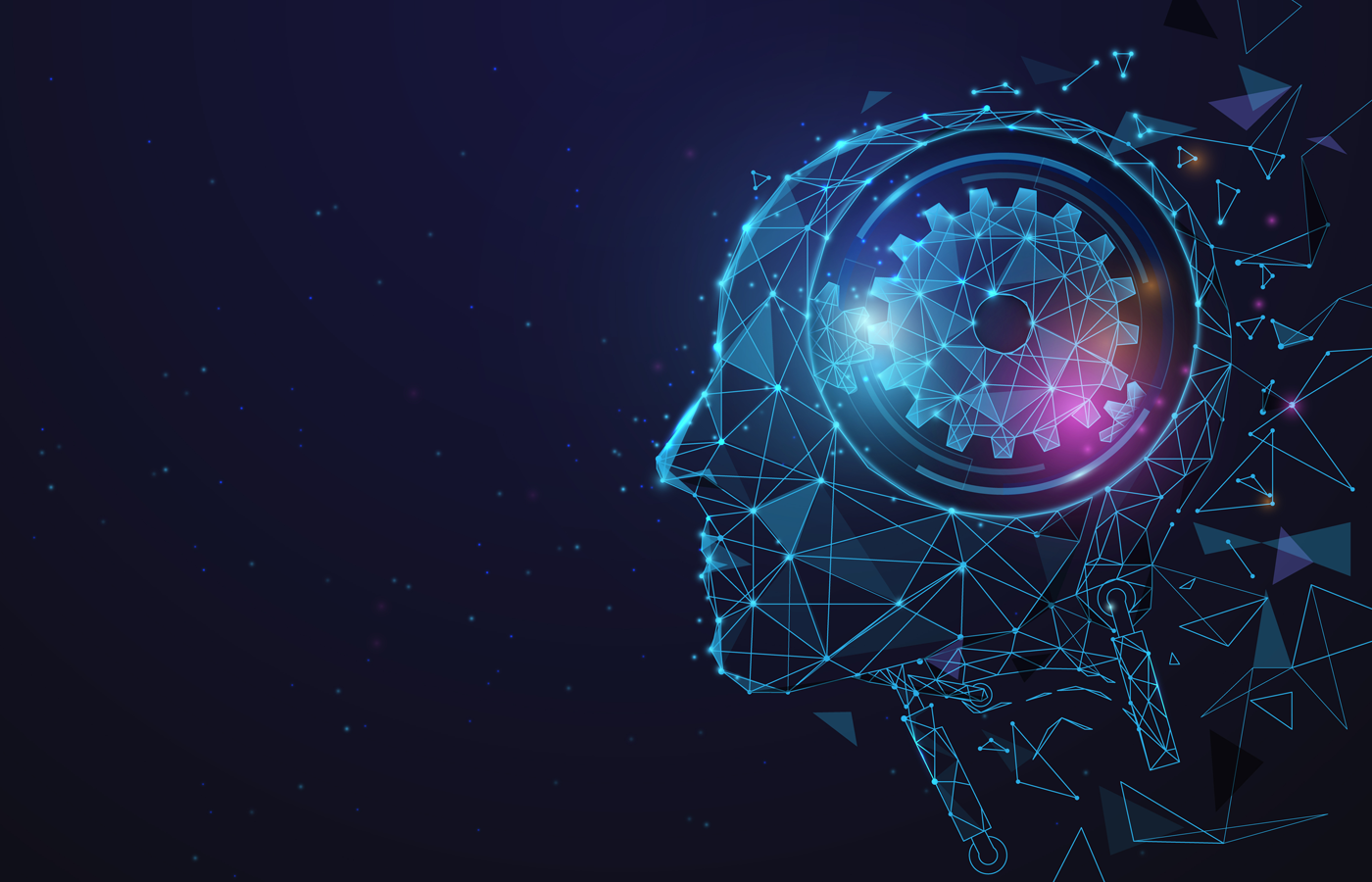Enterprises are increasingly adopting generative AI, but significant hurdles persist despite companies clamoring for the technology. A new study by the Enterprise Strategy Group (ESG), sponsored by Hitachi Vantara, says that most organizations lack the necessary infrastructure and policies to achieve success.
Survey highlights: Infrastructure and policy gaps
The survey, which included over 800 IT professionals, business leaders, and data-centric practitioners worldwide, found that a vast majority (97%) of enterprises now rank GenAI among their top five priorities. U.S. companies are 35% more likely to consider GenAI their top priority compared to their European counterparts.
The report emphasizes the vital role of infrastructure in the successful adoption of GenAI. Enterprises aim to leverage GenAI to enhance accuracy (56%), keep up with technological advancements (47%), and meet compliance and regulatory requirements (43%). However, only 37% of respondents feel confident that their company’s infrastructure and data ecosystem are well-suited for implementing GenAI solutions.
Building a strong foundation for GenAI
C-level executives are about 1.3 times more likely than lower-level employees to acknowledge that their company’s data ecosystem needs improvement. According to Hitachi, 88% of organizations have initiated cross-functional collaboration among data science, IT, and business teams to better utilize GenAI.
The findings highlight the importance of data security, ensuring data quality, and the flexibility of data infrastructure components as key characteristics for enterprise data and storage infrastructure.
“Enterprises are clearly jumping on the GenAI bandwagon, which is not surprising, but it’s also clear that the foundation for successful GenAI use is not yet built and its full potential cannot be realized,” said Ayman Abouelwafa, chief technology officer at Hitachi Vantara. “Unlocking the true power of GenAI, however, requires a strong foundation with a robust and secure infrastructure that can handle the demands of this powerful technology.”
MSPs are in a unique position to address this matter, according to Jason Hardy, CTO of AI at Hitachi Vantara. He believes these companies are more than just their portfolio; they have the ability to use their products to create a cohesive narrative around these gaps, ultimately helping their customers.
Security, cost, and data quality top concerns
Organizations are highly focused on security, cost, and quality when managing data for GenAI projects. However, they face significant security challenges such as data privacy, misuse, unauthorized access, and confidentiality, which complicate the process.
People are also worried about GenAI giving inaccurate responses. To tackle this, 86% of organizations are looking into retrieval-augmented generation (RAG) solutions.
Interestingly, 96% of companies are searching for alternatives to proprietary LLMs (such as chatbots or conversational AI), which is causing a shift towards open-source models. At first, they want cheaper GenAI options, but as they get more skilled, they’re six times more likely to switch to proprietary models for a competitive edge.
Hardy encourages MSPs to embrace GenAI and use it to bolster their base and support their existing customers.
Read more about AI ecosystems for MSPs and how they can be tools for effective strategies. With the necessary infrastructure and policies in place, MSPs can streamline workflows, enhance client interactions, and unlock new opportunities for innovation in service delivery.

